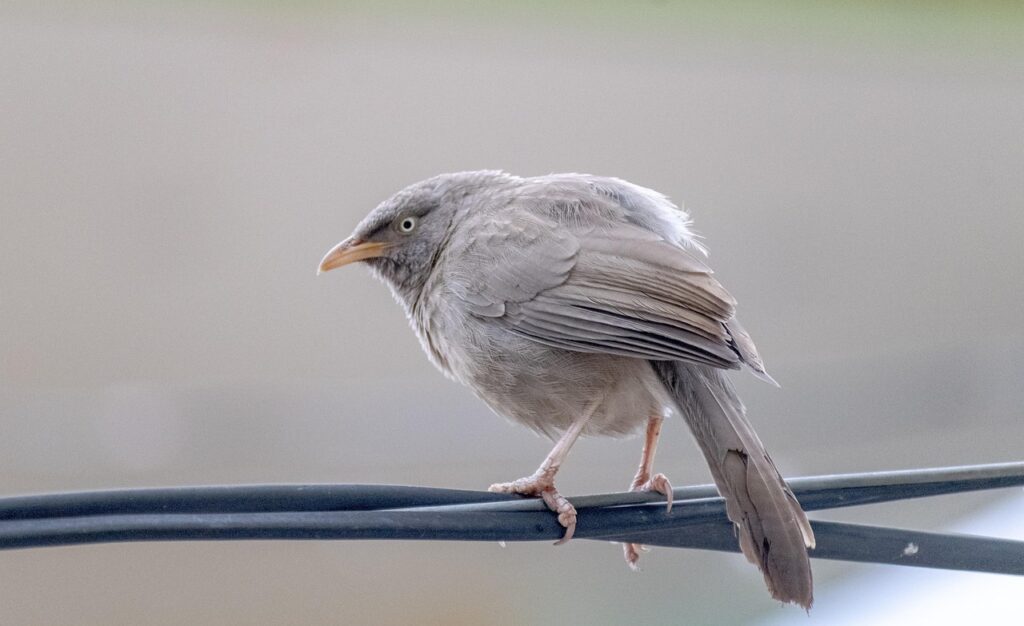
Hi everyone, if you’re free on June 5th at 10am Pacific Time, my friend and colleague, Ananda Valenzuela, will be leading a FREE virtual workshop called “Exploring Power Dyamics and Principled Accountability.” It’ll be bilingual in English and Spanish. Register here.
Last week, I attended a production of “For Colored Girls Who Have Considered Suicide/ When the Rainbow is Enuf” by Ntozake Shange, directed by Michelle N. Matlock. If you’re in the Seattle/Tacoma area, check it out; it plays until June 8th.
Led by an all-women-of-color cast, the interwoven pieces combine poetry, monologues, singing, and dancing, vividly illuminating the challenges women of color—especially Black women—face, while highlighting their strength, joy, and unbreakable spirit. I hadn’t heard of it before and went mainly to support a friend who was one of the performers. I left with a reminder of how powerful and instrumental the arts are for society—especially during these horrible times.
Continue reading “Let’s support the arts like democracy depends on it—because it does!”



